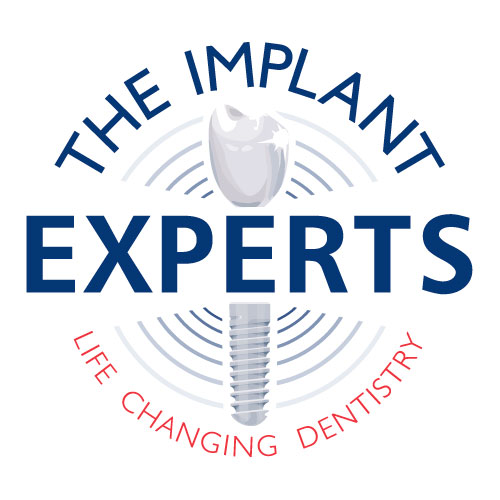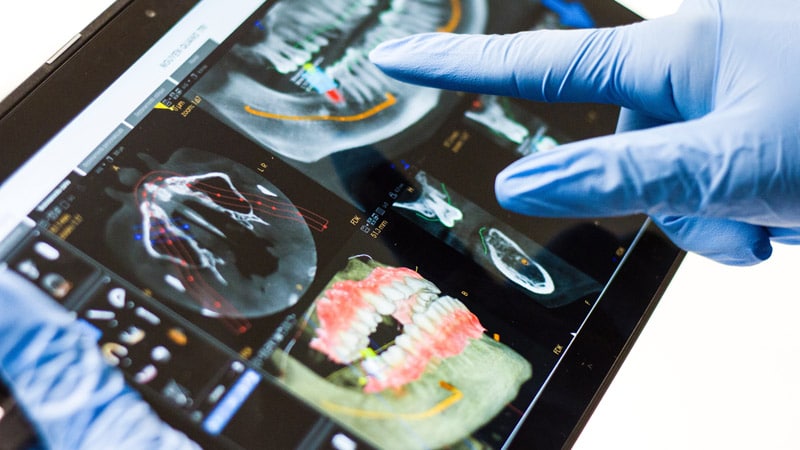If you have missing teeth, you’re bound to wonder how many dental implants you’ll need to get your smile looking as good as new. However the honest truth is that there is no definite answer – each individual’s case is unique and so treatment will vary accordingly.
However, it’s possible to give you a broad overview of the number of dental implants likely to be required in a variety of situations.
Replacing a single tooth
To replace a single tooth you will simply need a single-tooth implant. The actual implants available vary in width, height and shape, so we ensure that our diagnostic analysis accurately defines the exact implant dimensions that you need to best match your healthy teeth.
Replacing two teeth
There are two options:
1) for two adjacent missing teeth, we can place a single dental implant from which we suspend the additional tooth, known as a cantilever bridge (a structure which is supported at only one end).
2) for two adjacent or non-adjacent missing teeth, we can place two individual implants.
The advantages of placing two separate implants are that we can make each tooth look as though it is growing out of the gum naturally, and you will be able to floss between these teeth more easily than if you have a cantilever bridge.
Replacing three teeth
We could use three separate dental implants, one for each tooth, or we can replace three teeth using two implants at each end, which support a false bridge tooth positioned in the middle – this is a common option and is known as a three unit bridge.
The advantages of separate dental implants are again ease of flossing and a natural-looking junction with the gum. But a three unit bridge calls for fewer implants and a lower cost. Read more about multiple teeth dental implants here.
Replacing four or more teeth
Your options are defined by the number of missing teeth and their proximity to one another. It may be that if you have missing or failing teeth positioned randomly throughout your mouth that a number of single dental implants or three unit bridges will enable you to regain your smile and your ability to eat what you want. If you have four consecutive missing teeth, we only need to place two implants which can then suspend two false bridge teeth between them.
Full set of dental implants
If you need to replace all of your missing teeth with fixed denture implants in either jaw (upper or lower) or in both jaws, you have various options:
- Full arch implants / full mouth implants – in this procedure we place four appropriately spaced implants within each arch, onto which is fitted a full fixed bridge
- Teeth in a day – during this procedure we place a minimum of four implants to suspend 12 teeth in each jaw, in other words, a full set of new teeth. The procedure is carried out in a single day
What to do if you want dental implants
If you want dental implants we offer a free initial chat with our dental implant co-ordinator where you can discuss your concerns, and find out what the various treatment options entail and their prices.
At your clinical consultation, our dental implant specialist will discuss the costs and clinical benefits of the different options available to you during the planning consultation. They will take into consideration the underlying bone structure in your mouth ie. the quality and quantity of bone and whether it is suitable to support the implants – and will advise if any bone grafting will be required to build up the bone where it is lacking.
By the end of your clinical consultation, you will have all the information you need to make an informed decision about your dental implant options. But of course, we are only ever a phone call away if you need to raise any further questions with our skilled team of professionals.

